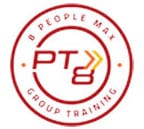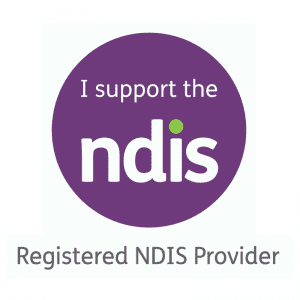
Are you a Personal Trainer and wondering whether you need to register for Goods and Services Tax (GST)? The answer is not plain, and it can be confusing to navigate the complex tax laws. As a Personal Trainer, you provide services that are subject to GST, but there are some exemptions that apply to small businesses. In this blog, we will discuss things you need to know about GST as a Personal Trainer to help you make informed decisions.
One must register for the GST if a personal training business is turning over more than $75,000 per year. The vast majority of Personal Trainers in the industry actually turn over far less than that. And as such, most Personal Trainers in the industry, in the Australian fitness industry are not GST-registered. If you have a full-time business that’s doing okay, you likely would be turning over more than $75,000 per annum, and GST registration is mandatory. This means you are adding 10% to the purchase price of anything and then claiming that GST back from the government. For example, if you charge $100 per hour before being GST registered, once you become GST registered, you would start charging $110, including GST. Unfortunately, this does not mean you’re making 10% more.
Furthermore, the 10% gets paid to the Australian Taxation Office (ATO) each quarter for the GST payments. The only exception to this is a GST-exempt item. Furthermore, the one upside to this is that the GST you pay on items you purchase can now also be claimed back. For example, if you bought a new pair of fitness equipment for $110, including GST, as a GST-registered business, you would then claim that 10% back, which means the item costs you $100, not $110. Of course, if you’re a profitable business, you will be paying the ATO a lot more GST than they are paying you. When a personal training business owner becomes GST-registered after perhaps having started without it, they certainly feel worse off. And the reality is that, in many respects, they are. However, if you plan on scaling your business to profit more than $100,000 per year, which means you’re going to be turning over far, far more than GST, that is simply one of the things to consider. As Personal Trainers, it’s likely the only thing that may GST-exempt a PT is if they are an NDIS registered Personal Trainer, as when compliant with the requirements. Hence, GST registration is one of the things you must do to grow your business and achieve your financial goals. So there’s no point in looking at the drawbacks of a tax that’s out of your control. Focus instead on building your business so successful that your profits are so good that GST payment each quarter becomes irrelevant to you.
Suppose you are looking to scale your personal training business to an amazing turnover at an amazing profit. In that case, there is no better way to do it than owning your own Fitness Enhancement location. Get in touch with us today to learn how you can hold your own territory that is NDIS-registered. If you own a Fitness Enhancement location, we provide you with NDIS registration at no extra cost.




